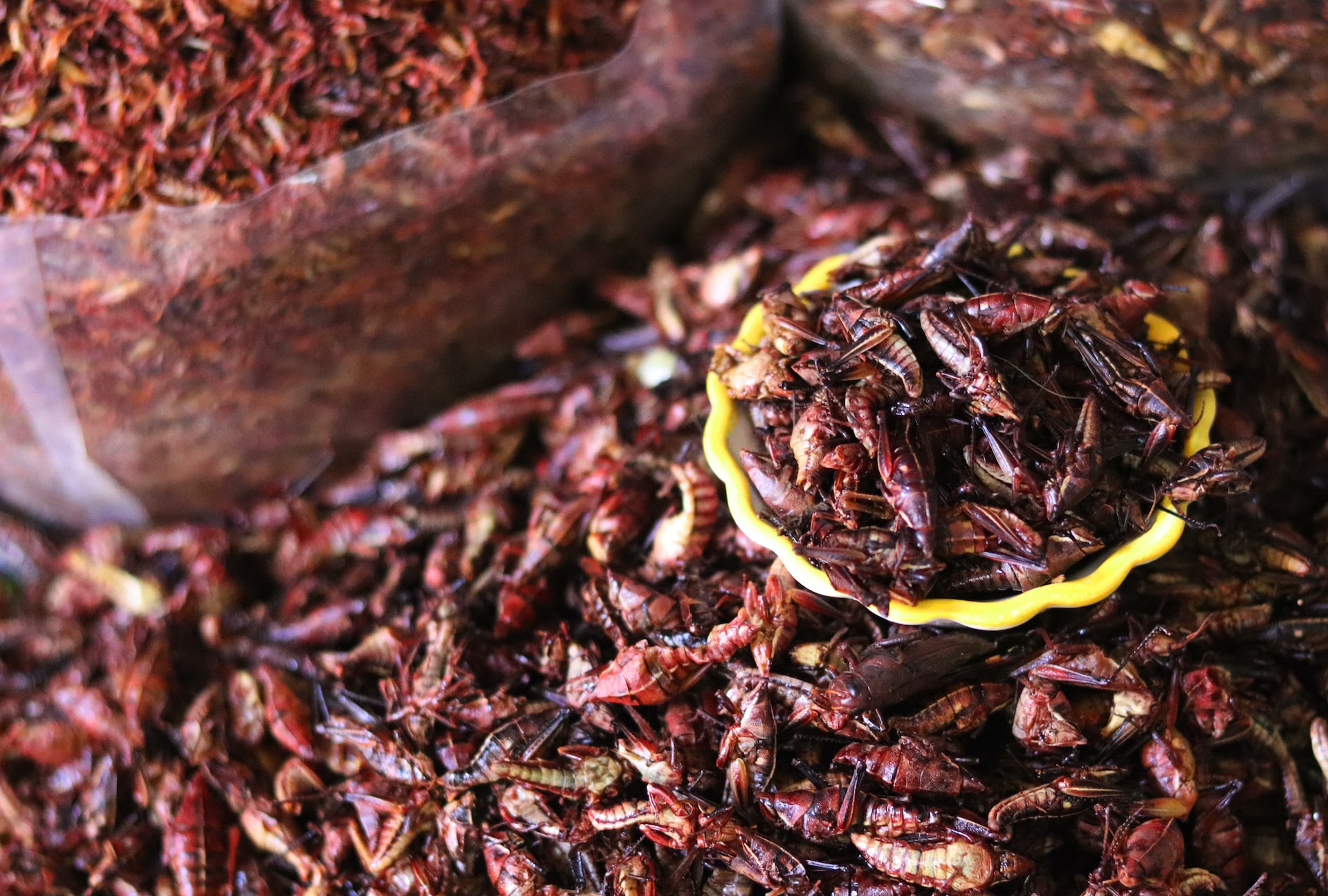What is said (but above all what is not said) about the introduction of insects at the table

This is why the food consumption of insects by more than two billion of the world's population cannot be used as a pretext to force the Europeans. The article on Charta Minuta by Francesco Zecca, professor of agricultural and rural development policies at the La Sapienza University of Rome
Insects have for some years been protagonists of the debate, not only scientific, concerning the way of feeding starting from considerations concerning the level of sustainability of the production and consumption processes of traditional foods.
With the recent approval of Regulation 2022/188 of the European Commission, the debate has taken concrete form beyond any type of assessment concerning the sustainability of the innovation produced.
In fact, the regulatory act authorized the sale of degreased common cricket powder to be used as a food ingredient in the formulation of a series of products.
The requirements indicated are those represented by the European Food Safety Authority which in its opinion underlined the need to carry out further tests regarding the allergenic risk of the product as expressed in other authorizations granted in 2021 for other products of the same origin.
Despite the authorizations granted, Italy together with a few other EU countries in application of the transitional measure contained in article 35 paragraph 2 of Regulation 2283/2015 has, for the moment, denied the authorization for marketing.
The ingredient authorized at Community level as well as the others of the same origin is not the result of a latent market demand but arises from a typically "technology push" research activity carried out by some manufacturing companies in preventive form as already happened in the past with reference to the use of genetically modified organisms.
In other words, agricultural producers and Community consumers are totally extraneous to this process, on which the supranational impact of commercial policies regarding food supply methods would eventually weigh.
In other words, the concept of food sovereignty understood as the right of peoples to healthy and culturally appropriate food and also as the right to be able to decide on their own food and production system would be violated.
In this sense, the role of our consumers appears to be fundamental, as they have already shown a natural distrust towards this type of innovation, as demonstrated by the recent stance expressed against the Barilla Foundation, guilty of having only feared in a video the possible use of insects as food source of high quality proteins with low environmental impact.
The food consumption of insects by more than two billion of the world's population cannot be used as a pretext to force the extension of consumption to European consumers.
The role of politics, as in the case of genetically modified organisms, is, in any case, that of making decisions starting from scientific opinions expressed on solid and incontrovertible bases.
It is therefore necessary, also in this case, that the Community bodies make a preliminary reference to the application of the precautionary principle, not limiting themselves to giving rise to restricted authorisations.
While waiting for the issue to be clarified from a health point of view, it is appropriate to dwell on the opinions expressed by the scientific community regarding the sustainability of the proposed innovation.
The main justification supporting the use of insects is that of being a more sustainable protein base than that represented by traditional protein sources (meat, milk, fish). This also in relation to the expected increase in the world population and the need to face a greater need for food supply and therefore the search for new nutrients.
The greater sustainability of insects as a protein source is supported primarily by considerations regarding the lower environmental impact of the production processes.
The scientific literature consulted has highlighted how in reality the lower environmental impact is to be considered in non-absolute terms.
In fact, when comparing the average environmental impacts of protein sources, insects do not always rank as the most sustainable protein substitute.
Furthermore, the variability of the power supply systems adopted in the production processes profoundly affects the differences in impact found.
The thesis focused on the need to expand the sources of protein supply to cope with the expected increase in the world population collides with the demonstrated failure of food security policies based on increasing the availability of food instead of improving the conditions of physical and economic.
From this last point of view, the declared lower production costs incurred and the consequent lower prices applied compared to traditional protein sources appear to be insufficiently demonstrated.
The proposed technological paradigm, in addition to being in contrast with the agricultural development policies designed at the national level, would profoundly revolutionize, if adopted, the economic space of our agri-food system based on the production and consumption of suitably innovated products of our cultural tradition .
This is a machine translation from Italian language of a post published on Start Magazine at the URL https://www.startmag.it/sanita/cosa-si-dice-ma-soprattutto-cosa-non-si-dice-sullintroduzione-degli-insetti-a-tavola/ on Sat, 28 Jan 2023 06:27:57 +0000.
